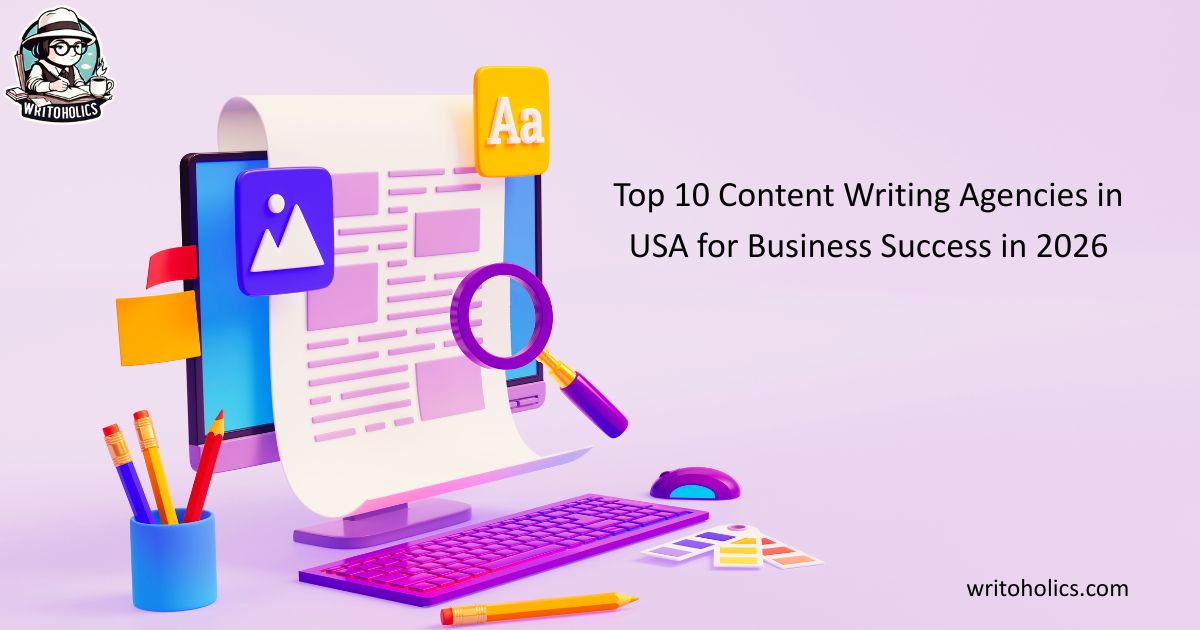3 Must-Know Strategies to Get Your Blog Featured in AI Search
In the AI era, various AI-powered search engines are tools that are here to reshape the traditional way of reaching people to a more feasible and futuristic way.
They holistically focus on how users find information, and content creators must evolve their SEO strategies to keep up. It completely helps to rank in AI search results, which is a skill you can’t afford to overlook.
This blog outlines 3 essential strategies for mastering AI search optimization, creating AI-driven search-friendly blog content, thereby increasing its visibility and traffic. By doing this, the blog makes the brand more common, resulting in more impressions, strong rankings in web search and AI, and a better conversion rate in the market.
Strategy 1: Focus on and optimize quality content
By design, AI tools in general are built to provide fast and accurate answers to the user's questions at the same level of accuracy. They directly delve into the precise answers in the AI rankings and snippets.
Here are the steps to optimize the content for the AI structure. At the same time, it should be quality content that the users deserve.
How to work this:
•Find the users' or readers' search intent. Identify the prior questions that they ask.
•Let present the answer in the first part of the blog and make that content more accurate and straightforward, which is easy to understand.
•Avoid extra or overcomplicated ideas.
•Keep the paragraphs or phrases in short and straightforward form for easy scanning by AI and others.
By creating effective and simple content with direct answers, you help the AI reach your blog and get it featured in web and AI results.
Strategy 2: Understand the AI Search Algorithms
Suppose you are familiar with creating and optimizing content as well as handling AI tools, in addition to being well-versed in analyzing and applying the strategies in an add-on. I-powered search engines rely on advanced natural language processing (NLP) to interpret context, semantics, and user intent—far beyond basic keyword matching.
Consider some key aspects to help rank the blog more effectively in AI-driven search results:
•Understanding the contextual content by the user’s intent searches can prioritize the content in the web and AI
search engines.
•Focus on skeleton markup, which should be structured and solid to help the AI search engines understand and categorize the result in a better way.
There are two familiar key schema types: FAQs and How-Tos. By defining and providing explicit content in the blog to search engines, it can make it easier to increase the rankings in AI algorithms.
•Go forward with In-depth content that completely provides the entire and well-rounded exploration of every topic. The more detailed and insightful your content, the more likely it is to be recognized as valuable by AI search engines and the more likely you’ll be able to create healthy web traffic from AI search outcomes.
•Featured snippets are a vital part of the AI search engines; they appear at the top of the web browsers, which are handled by the AI-driven responses. Optimizing for featured AI snippets can uniquely boost your visibility and authority in search results and AI citations.
Strategy 3: Use Relevant and Trafficking Keywords Naturally
Keywords still play a prominent role in assisting AI to understand what your content is about. However, keyword use should feel natural and not forced.
How to apply this:
•Identify key terms related to the topic you're covering.
•Use those keywords in key parts of your post, such as:
•The Title
•Key Takeaways
•The Introduction
•Headings or Subheadings
•The Conclusion
Avoid keyword stuffing; focus on writing in a way that feels authentic and helpful to readers.
The goal is to guide the AI in understanding your content without compromising readability. Balanced keyword usage signals relevance while keeping your writing clear and human-friendly.
Conclusion
Google AI Overviews are a big shift in how search engines currently show information, which brings challenges and opportunities for B2B marketers. By optimizing your information with quality information, structured data, and user experience value, you can improve your chances of placing your information into Google's AI overviews.
By tracking, tweaking, and knowing user intent, you can remain on top of the search engine optimization space. Understand the opportunities that AI opens for visibility, traffic, and better results in general.






.png)
